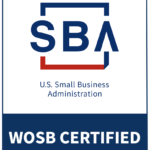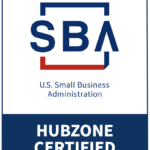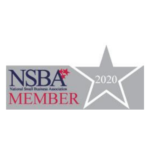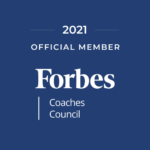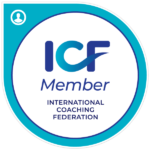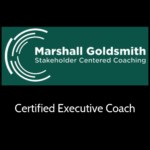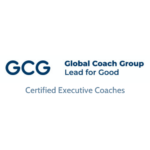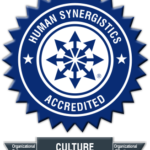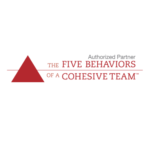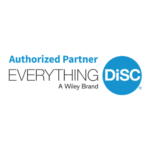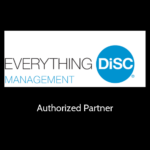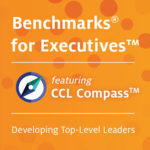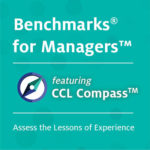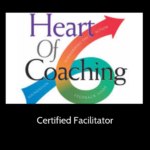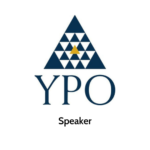When was the last time you thought about the business culture as part of the cognitive process?
Corporate Culture is defined as: the beliefs and behaviors that determine how a company’s employees and management organically interact and handle business transactions. The culture of a company is truly dynamic – in that it is fed by the personalities and traits of each and every employee, from the receptionist to the CEO. Culture of a business has exponential power to either create value or destroy an organization. And most importantly, is often implied and not fully defined nor communicated effectively to ensure value creation, innovation and opportunity for growth and sustainability in the market place.
A leaders fundamental beliefs about themselves, others, and their environment are threaded throughout the leaders work activity and effectiveness; imposed upon staff, team members, partnerships and collaborations; and will equate to the overall foundational culture of the organization, thus ultimately impacting the total sum value and impact of the company.
Not sure who said this – “To win the marketplace, you must first win the workplace.” This statement applies, but more importantly, it is important to take it one step further – To win in the workplace, we must be a “winner” at self- mastery, which ultimately impacts the core of an organization’s ‘quality of life.’
Self-mastery is pure, 100% humanity at its best, or worst. Being cognitive – moment to moment – takes practice. Making it habit, the day-to-day grind, requires courage, purpose, commitment and accountability – let’s not forget the ability to honor, respect, forgive, persevere and more!
As we kickstart our organization’s culture change, and begin the journey into our self-mastery program, we need to make ourselves aware of our impact on culture. Begin with a bit of research:
- 79% of employees who are leaving their current job due to poor company culture (Workplace Satisfaction Statistics)
- According to 2017 Gallup – State of the American Workplace Study – 51% of the US workforce is not engaged
- Disengaged employees cost organizations between $450 and $550 billion annually (The Engagement Institute)
- It can cost 33% of an employee’s salary to replace him/her (HR Dive)
- 75% of the causes of employee turnover are preventable (HR Dive)
- 51% of workers are looking to leave their current jobs (Gallup)
There is article after article, and enough empirical data, on leadership and the negative impact on culture in the workplace; lack of leadership in corporations, top complaints of employees about leaders, leadership dysfunctions, and more.
For such a time is this…
Thinking, being the cognitive process, is at the heart of effective leadership – That transformational, inspirational, motivational, influential, ethical, responsible, and accountable leader. So, one might say that: A Cognitive Leader is one who articulates their vision throughout the organization’s people, systems and processes and creates a continuous culture of value, opportunity and growth. A Cognitive Leader lives and breathes the organization’s vision and strategies that infinitely fuel the natural and powerful organizational energy that tentacles out into its people, systems and process, creating an authentic sense of purpose and value, that result if superior quality and excellence in product, service, and brand equity.
The Cognitive Leader sets high standards that are realistic, and establishes the best in recruitment and hiring practices, employee engagement and professional development. The Cognitive Leader understands they are not perfect, and are advocates of empowering people throughout the organization to “get it done.” The Cognitive Leader is agile and stands for ll that is good, and will address crisis and issues straight-on. The Cognitive Leader cares and loves what they do, who and what they represent, and the impact they and the organization make internally and externally, each and every moment. And…They think about it, all the time.
In order to be a Cognitive Leader, one must take time to nurture themselves, to identify their core beliefs: their deepest, most enduring understandings about the self, others, and the world. They must take a dive into the filters, distortions, and perceptions that drive their thoughts. Leaders must be courageously vulnerable and forthright in managing their energy. This takes focus and time – and is of utmost importance. It is a mindful process. Most importantly, the practice of cognitive and mindful thinking, must be repeated continuously. In addition, a Cognitive Leader must be open to continuous learning and unlearning to keep the culture alive and well, creative, innovative, and effective.
A Cognitive Leader shares wisdom and knowledge, is fair in recognition, and generous in support. A Cognitive Leader must be attentive, in-tune, and a master artist of the language that is developed and spoken throughout the organization. Cognitive Leaders keep harmony and rhythm fluid and positive. Without a blink – all this begins with one – you – the Cognitive Leader.
The keystone to leadership and culture, a leader must remember – creating a culture through self mastery naturally develops people cognitively.
Fueling the beast of leadership is a 100% a COGNITIVE practice, and when developed affords everyone the value for effectiveness and contentment – that the majority of people are seeking in their daily work and lives.
Are you in need of behavior change and learning how to tap into that cognitive wellspring that will enhance and boost your leadership effectiveness? Harris Whitesell Consulting can help.
Maximizing Leadership Excellence and Business Success!


